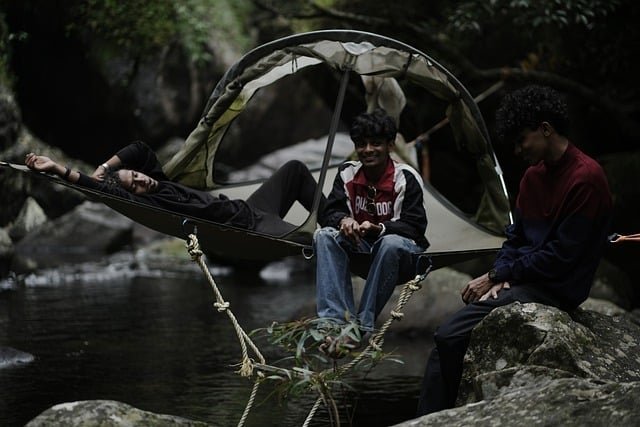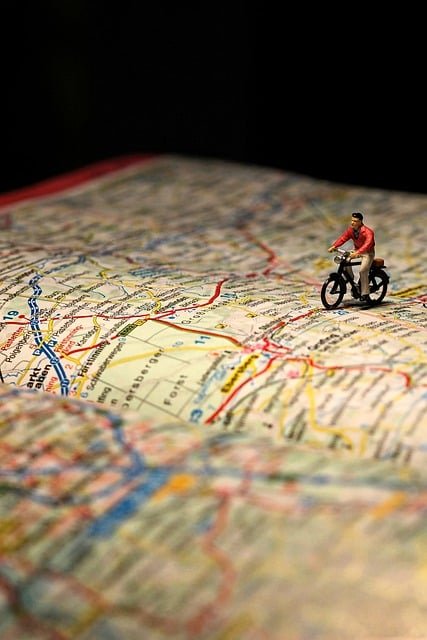
Hiking, an outdoor activity that involves walking through natural landscapes, has become increasingly popular in recent years. Many people enjoy the physical and mental benefits of hiking, but some may question whether it can truly be considered a sport. In this article, we will explore the arguments for and against hiking as a sport.
Those who argue against hiking being classified as a sport often make the following points:
Hiking is not competitive: Unlike traditional sports, hiking does not have a set of rules or a competitive component. There is no winner or loser in hiking, as the goal is often personal accomplishment rather than outperforming others.
Hiking does not require specialized equipment: Unlike other sports, which may require specific gear and tools, hiking can be done with minimal equipment. This can lead some to view hiking as a leisurely activity rather than a competitive sport.
Hiking is not physically demanding enough: While hiking does involve physical activity, it may not be as intense or high-impact as traditional sports such as basketball or football. Hiking is often seen as a leisurely walk rather than a rigorous physical activity.
On the other hand, many people argue that hiking can indeed be classified as a sport for the following reasons:
Hiking requires physical exertion: Hiking involves walking through natural terrain, often with varying inclines and rough terrain. This requires physical strength, endurance, and balance. Additionally, hiking at high altitudes can also increase the physical demands of the activity.
Hiking can be competitive: While hiking may not have a set of rules or a competitive infrastructure, there are opportunities for competition within the activity. For example, many people set personal goals and strive to beat their own best times or distances. There are also organized hiking competitions such as trail races and endurance hikes.
Hiking can require specialized equipment: While it is true that hiking can be done with minimal equipment, there are also specialized gear and tools that can enhance the hiking experience. This includes hiking boots, trekking poles, and camping equipment. These items can improve safety and performance while hiking, similar to how specialized equipment is used in other sports.
Ultimately, the classification of hiking as a sport may be up for interpretation. While it may not fit the traditional definition of a sport, there are certainly aspects of hiking that align with what is typically considered a sport.
In addition, it is important to acknowledge the physical and mental benefits of hiking. It can improve cardiovascular health, build strength and endurance, and reduce stress. Hiking also fosters a sense of adventure and connection with nature, which can have positive impacts on mental well-being.
Furthermore, hiking can also have a competitive element when done in a team or group setting. When hiking with others, there may be a sense of camaraderie and a shared goal of reaching a destination. This can add a competitive aspect to the activity and make it more enjoyable for some individuals.
In conclusion, whether hiking is considered a sport or not may vary from person to person. While it may not have all the traditional aspects of a sport, there are certainly arguments to be made for its classification as one. Ultimately, what matters most is that hiking brings joy, physical activity, and a sense of accomplishment to those who participate in it.







Join our newsletter community for exclusive updates, offers, and more. Sign up now to stay in the loop!
© Outdoor-Expedition. All Rights Reserved. Design by HTML Codex